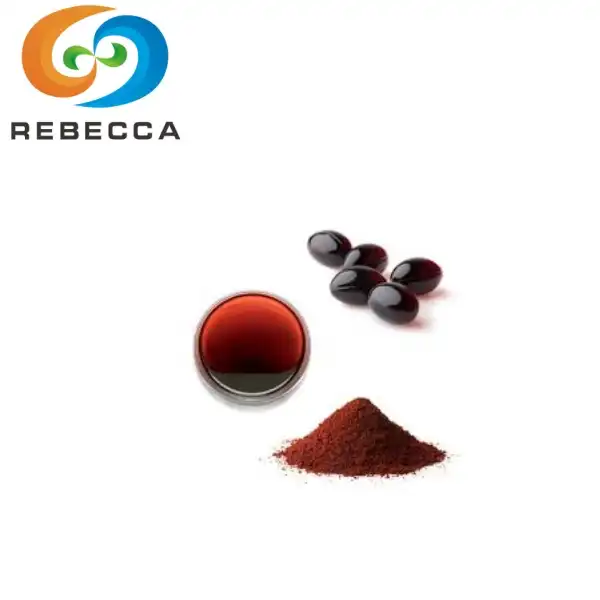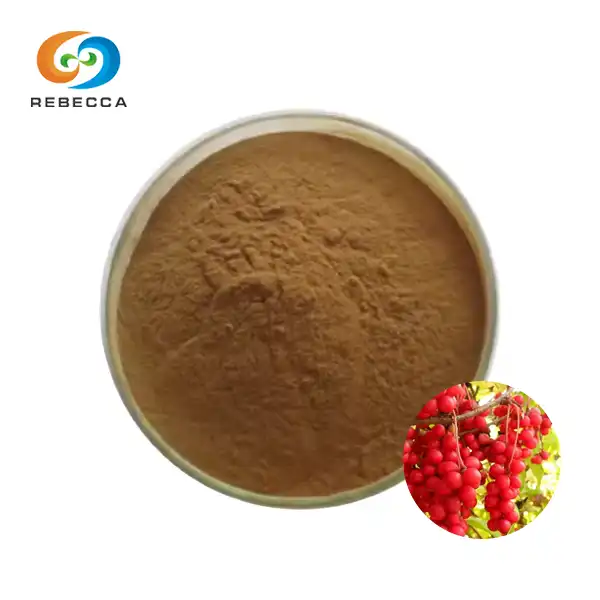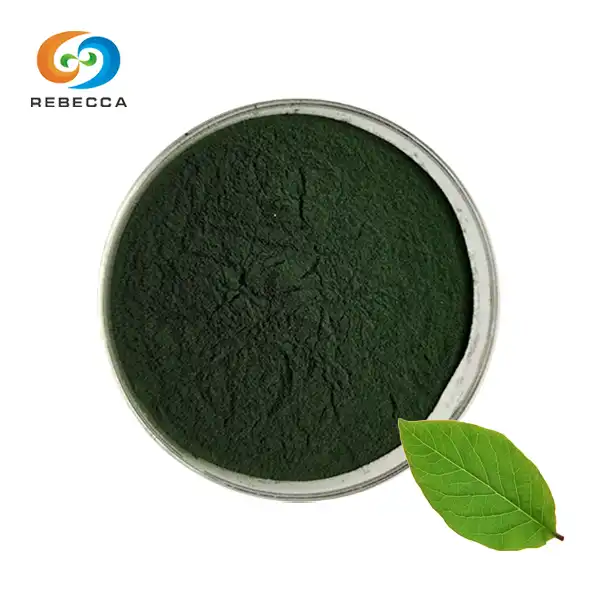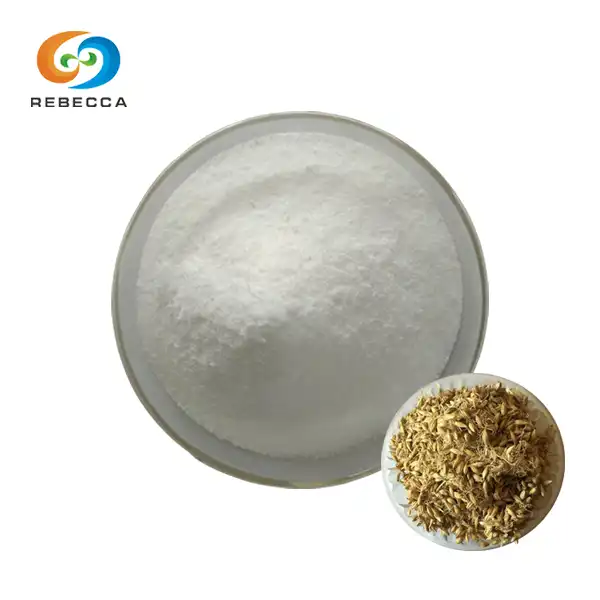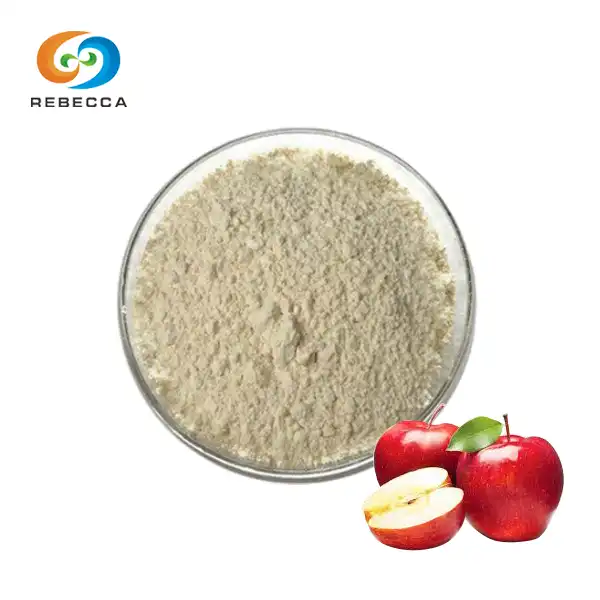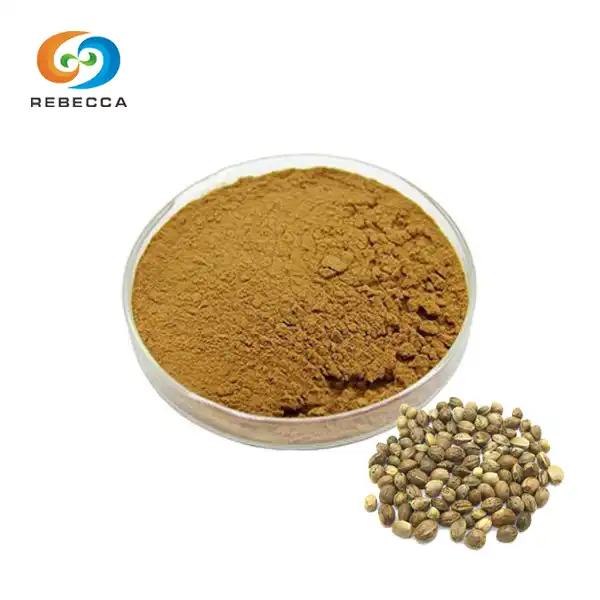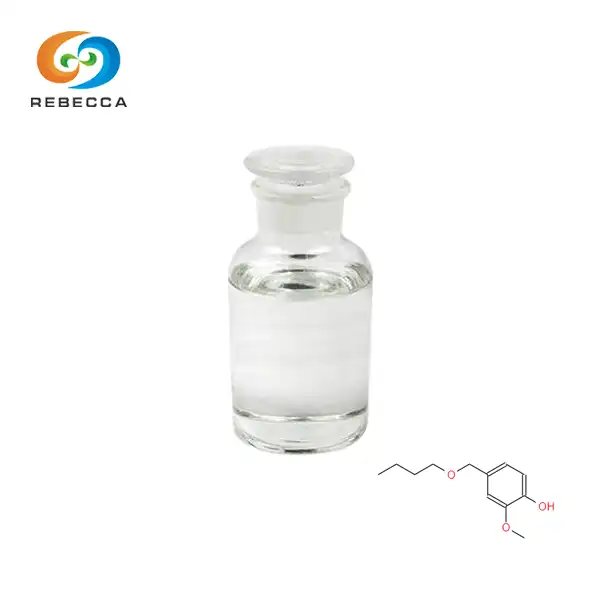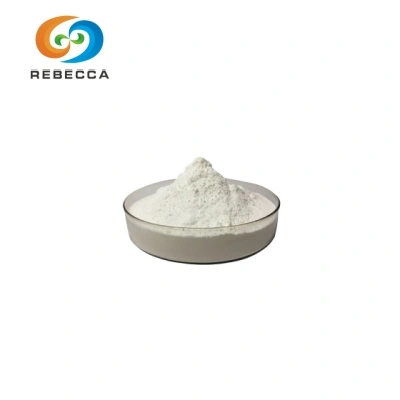Is turmeric powder or extract better?
Turmeric has gained significant popularity in recent years due to its potential health benefits and versatile applications. As consumers become more health-conscious, they often find themselves wondering whether turmeric powder or turmeric extract powder is the better choice. In this comprehensive guide, we'll explore the differences between turmeric powder and extract, comparing their curcumin content, bioavailability, and effectiveness in various applications, including skincare.

How do Turmeric Powder and Extract Compare in Terms of Curcumin Content?
Curcumin, the primary active compound in turmeric, is responsible for many of its potential health benefits. When comparing turmeric powder and extract, one of the most significant differences lies in their curcumin content.
Turmeric powder, which is made by grinding dried turmeric root, typically contains between 2% to 5% curcumin by weight, which means that for every 100 grams, you're getting about 2 to 5 grams of curcumin. The exact amount can vary depending on factors such as the growing conditions, processing methods, and storage of the turmeric.
On the other hand, turmeric extract, particularly curcumin extract powder, is a concentrated form that can contain up to 95% curcumin. This significantly higher concentration means that a smaller amount of extract can provide the same or even greater amounts of curcumin compared to turmeric powder.
For example, a single gram of high-quality organic curcumin extract powder might provide as much curcumin as 20-30 grams of standard turmeric powder. This concentration makes extracts particularly useful for supplementation and therapeutic applications where higher doses of curcumin are desired.
However, it's worth noting that turmeric contains other beneficial compounds besides curcumin, such as essential oils and other curcuminoids. While these are present in turmeric powder, they may be reduced or absent in some highly purified extracts that focus solely on curcumin.

Is Turmeric Extract More Bioavailable Than Turmeric Powder?
Bioavailability refers to the proportion of a substance that enters the circulation when introduced into the body and is thus able to have an active effect. When it comes to turmeric and curcumin, bioavailability is a crucial factor to consider.
In its natural form, curcumin has poor bioavailability. This means that when consumed, only a small percentage of it is actually absorbed by the body. This is true for both turmeric powder and standard curcumin extracts.
However, many modern turmeric extract powders have been specifically formulated to enhance bioavailability. These formulations often include ingredients that help increase curcumin absorption, such as piperine (a compound found in black pepper) or lipid-based delivery systems.
For instance, some studies have shown that the addition of piperine can increase curcumin bioavailability by up to 2000%. Similarly, certain proprietary formulations of curcumin extract powder have demonstrated bioavailability up to 185 times higher than standard curcumin.
Water-soluble curcumin powder is another innovation in the field of turmeric extracts. By making curcumin water-soluble, these formulations can significantly increase its absorption in the body. Some water-soluble curcumin powders have shown bioavailability up to 27 times higher than standard curcumin.
In comparison, while traditional methods like combining turmeric powder with black pepper or fat can improve absorption to some degree, they generally don't achieve the same level of bioavailability as specially formulated extracts.
Therefore, in terms of bioavailability, well-formulated turmeric extracts typically have a significant advantage over turmeric powder.

Which is Better for Skincare: Turmeric Powder or Extract?
Turmeric has long been used in skincare for its potential anti-inflammatory, antioxidant, and skin-brightening properties. Both turmeric powder and extract have their place in skincare, but they may be better suited for different applications.
Turmeric powder, being less processed, contains a wider range of turmeric's natural compounds. This can be beneficial for traditional skincare remedies and DIY treatments. For example, turmeric powder is often used in face masks, mixed with ingredients like yogurt or honey. These masks can help soothe inflammation, brighten the skin, and potentially help with issues like acne.
However, turmeric powder has some drawbacks in skincare. It can stain the skin yellow, which may be undesirable for many users. It's also less concentrated, meaning you need to use more to potentially see effects.

Turmeric extract, particularly in the form of curcumin extract powder, offers several advantages for skincare:
1. Higher concentration: The concentrated nature of extracts means that skincare products can contain more active ingredients in smaller amounts.
2. Less staining: Many turmeric extracts are formulated to minimize or eliminate the yellow staining effect.
3. Better stability: Extracts are often more stable in formulations, which can lead to a longer shelf life for skincare products.
4. Increased effectiveness: The higher bioavailability of some turmeric extracts may lead to better absorption when applied topically, potentially increasing effectiveness.
For these reasons, many commercial skincare products opt for turmeric or curcumin extracts rather than whole turmeric powder. These extracts can be more easily incorporated into a variety of product types, from serums and creams to spot treatments.
However, it's important to note that the effectiveness of turmeric in skincare, whether as a powder or extract, can vary depending on the specific formulation and the individual's skin type and concerns. As with any skincare ingredient, it's always best to patch test and consult with a dermatologist if you have any concerns [10].
Curcumin Extract Powder Supplier
In conclusion, while both turmeric powder and extract have their uses, turmeric extract, particularly in the form of curcumin extract powder, often offers advantages in terms of concentration, bioavailability, and versatility in applications ranging from supplements to skincare. However, the choice between powder and extract ultimately depends on the specific use case and individual preferences.
Rebecca Bio-Tech is a leading supplier of high-quality curcumin extract powder, with our products occupying more than 80% of the domestic market share. Our curcumin extract powders are exported to Europe, America, Asia, and beyond, meeting the highest standards of quality and purity. Whether you're looking for standard curcumin extract powder, organic curcumin extract powder, or specialized formulations like water-soluble curcumin powder, we have the expertise to meet your needs. For more product information, to request samples, or to discuss your custom requirements, please contact us at information@sxrebecca.com. Our team is ready to assist you in finding the perfect curcumin solution for your business.
References:
- Prasad S, Aggarwal BB. Turmeric, the Golden Spice: From Traditional Medicine to Modern Medicine. In: Benzie IFF, Wachtel-Galor S, editors. Herbal Medicine: Biomolecular and Clinical Aspects. 2nd edition. Boca Raton (FL): CRC Press/Taylor & Francis; 2011. Chapter 13.
- Anand P, Kunnumakkara AB, Newman RA, Aggarwal BB. Bioavailability of curcumin: problems and promises. Mol Pharm. 2007;4(6):807-818.
- Gupta SC, Patchva S, Aggarwal BB. Therapeutic roles of curcumin: lessons learned from clinical trials. AAPS J. 2013;15(1):195-218.
- Hewlings SJ, Kalman DS. Curcumin: A Review of Its Effects on Human Health. Foods. 2017;6(10):92.
- Shoba G, Joy D, Joseph T, Majeed M, Rajendran R, Srinivas PS. Influence of piperine on the pharmacokinetics of curcumin in animals and human volunteers. Planta Med. 1998;64(4):353-356.
- Jäger R, Lowery RP, Calvanese AV, Joy JM, Purpura M, Wilson JM. Comparative absorption of curcumin formulations. Nutr J. 2014;13:11.
